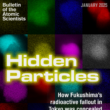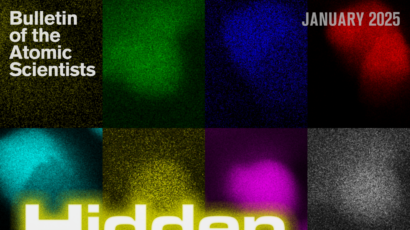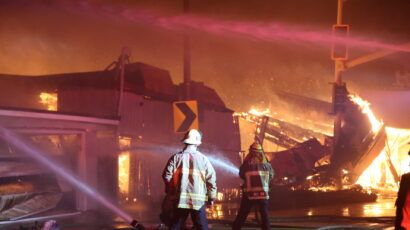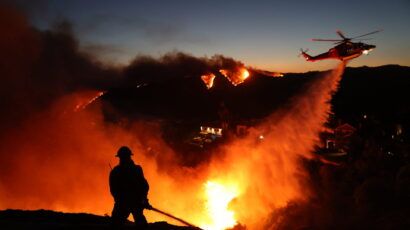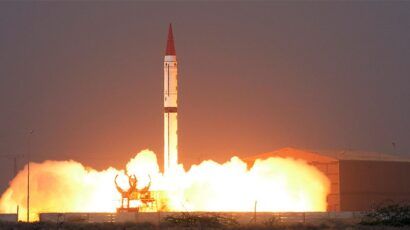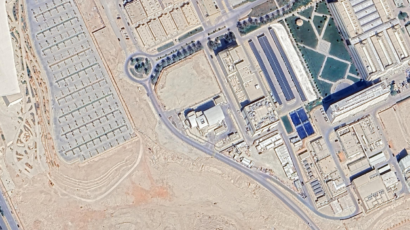How both sides win
By Rajiv Nayan, February 14, 2013
With this Roundtable nearing its conclusion, I continue to believe that the Nuclear Suppliers Group (NSG) can best address the needs of developing countries by ensuring that nuclear commerce, rather than nonproliferation, is the group's primary focus. Developing countries need nuclear energy for the sake of their economic development; they need nuclear energy to help limit their emissions of greenhouse gases at a time when so many around the world are deeply concerned about climate change. Nonproliferation, of course, is an important issue that needs to be taken into account as nuclear commerce is conducted. And nonproliferation goals can be advanced by using nuclear trade as an incentive. But as soon as nonproliferation takes precedence over commerce itself, developing nations find themselves struggling to establish nuclear power sectors.
Over the years, the NSG's bureaucratic procedures have been blamed for delaying nuclear projects' schedules and increasing their costs, and this has led to demands that the group simplify its burdensome procedures. Fortunately, simplification would suit the purposes of both the developed and developing worlds (nuclear firms in wealthy countries have been in the forefront of demanding simplification from the NSG), assuming the NSG's ideals were not compromised in the process.
Unfortunately, however, multilateral export control regimes like the NSG have in recent years accumulated more and more rules, and this harms the efficacy of the regimes themselves. The NSG would do well to discard old rules that have become redundant or no longer serve their stated purposes, and to enforce only those restrictions whose nonproliferation benefits are tangible. For example, when it comes to transfers of enrichment technology, is it really necessary to insist so strongly that suppliers should seek to preclude the possibility of enrichment to greater than 20 percent uranium 235? True, uranium enriched to 20 percent technically qualifies as highly enriched uranium, but it is far from weapons grade. A rationalization of procedures would be an enormous help to the NSG's own members — for example, to the licensing and enforcement authorities in supplier nations.
Another important point is that NSG members should not, once they have reached agreements with customer nations, attempt to change supply conditions. Original agreements must be respected; any new conditions or modifications imposed by supplier nations should be treated as violations that entail penalties. In the past, after-the-fact restrictions such as those contained in the US Nuclear Nonproliferation Act of 1978 have been deeply resented in developed and developing countries alike.
I would like to close on the topic of expanded NSG membership, the same theme to which I largely devoted my first Roundtable essay. My colleague Raymund Jose G. Quilop has stated his view that a clear set of qualifications for NSG membership should be established, but that in any case the NSG should not expand in the near future. I share Quilop's apprehensions regarding the possibility that new members might take actions inconsistent with the group's values — indeed, that is why in my first essay I cast doubt on the wisdom of China's having been admitted to the NSG in 2004.
Still, we must remember that the NSG was established in large measure to bring a nation like France, which was not a signatory to the Nuclear Non-Proliferation Treaty, into the export control regime. France, I would argue, has gone on to strengthen the regime. Today, new NSG members might make valuable contributions of their own, for instance by promoting nuclear energy in the developing world at a time when the accident at the Fukushima Daiichi Nuclear Power Station has posed grave challenges to the industry. If the developing world and the Nuclear Suppliers Group can engage with each other more fully, I believe that both sides will win.
Topics: Nuclear Energy, Nuclear Weapons
Share: [addthis tool="addthis_inline_share_toolbox"]

